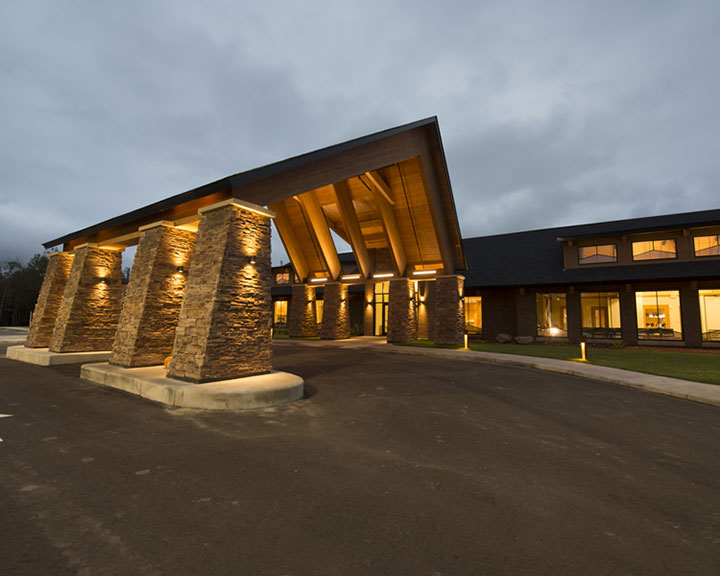Success Stories
Stories of Rural Resilience
Learning From Each Other
Wisconsin’s rural communities are known for their resilience and self-reliance. Pulling together to support neighbors is what we do. Here you’ll find inspiration from communities that have banded together to chart the best course forward. Ideas from rural businesses that were able to overcome challenges in innovative ways. And success stories that show just how vibrant rural life can be.
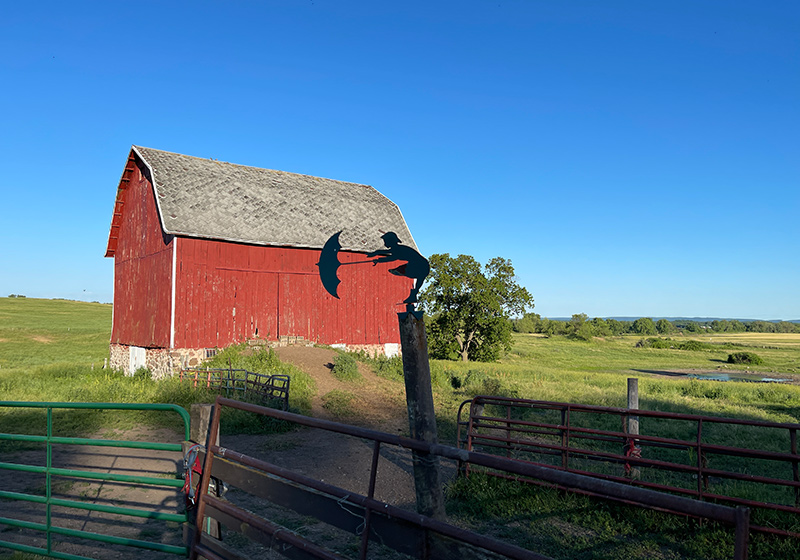
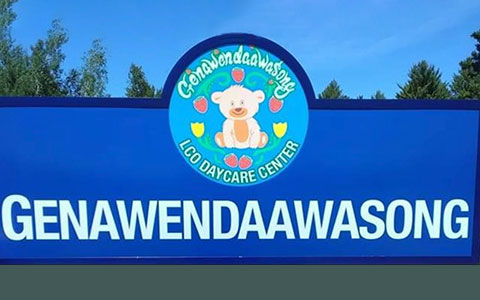
Tackling a child care void
Child care facilities have always been hard to come by in Sawyer County. A community survey found a severe shortage of affordable, quality child care in the county—especially for infants and toddlers. New parents face waiting lists that are several years long for a spot at existing facilities.
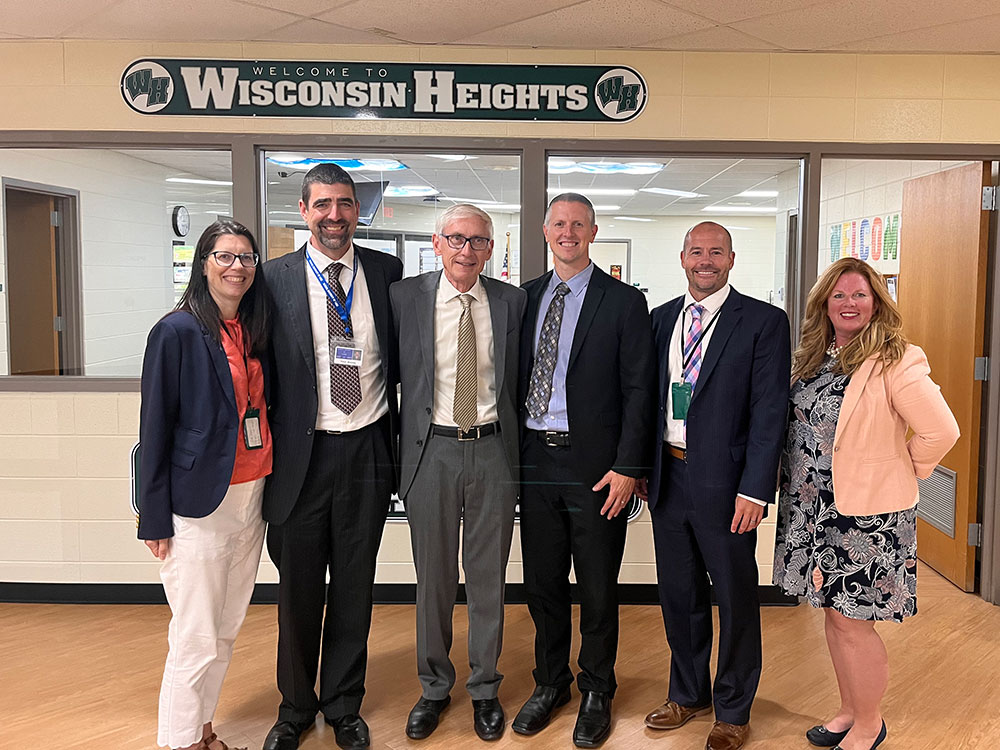
GROWing our own teachers
School districts throughout Wisconsin are struggling to recruit high-quality educators–with college degrees, state certification and expertise in their given field—and convince them to stick with the job for the long term. The problem is particularly acute in rural communities.
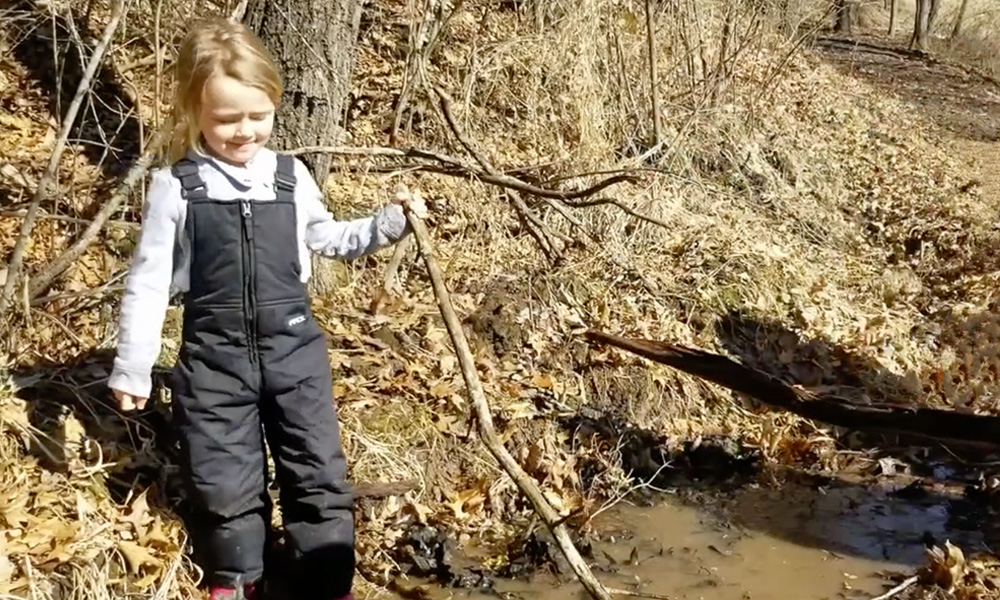
Kickapoo Valley Forest School: Forging Connections to the Environment
Residents of the verdant Kickapoo Valley—part of the Driftless Region, untouched by glaciers—wanted their children to understand and appreciate the natural beauty and resources of the woods and streams around them. They wanted regular outings for youngsters in the environment surrounding them in the Kickapoo Valley Reserve, an 8,600-acre conservation area that offers a wealth of nature to explore. The primarily rural region in southwest Wisconsin also faces socioeconomic challenges and few options for child care.
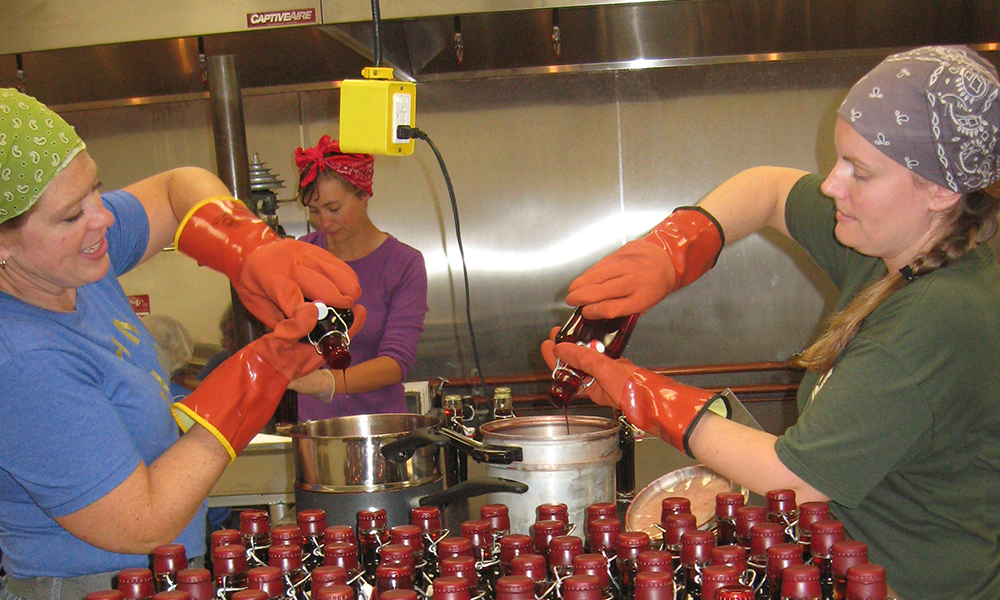
Vernon Food Enterprise Center: Focusing on Food and Wellness
The Vernon County region in western Wisconsin is home to many small and midsize farms and food processors that had little access to the broader marketplace. The region also lacked a place to expand food processing, marketing and distribution or to make locally grown food surpluses available to families, schools, health care organizations, food pantries and meal sites.
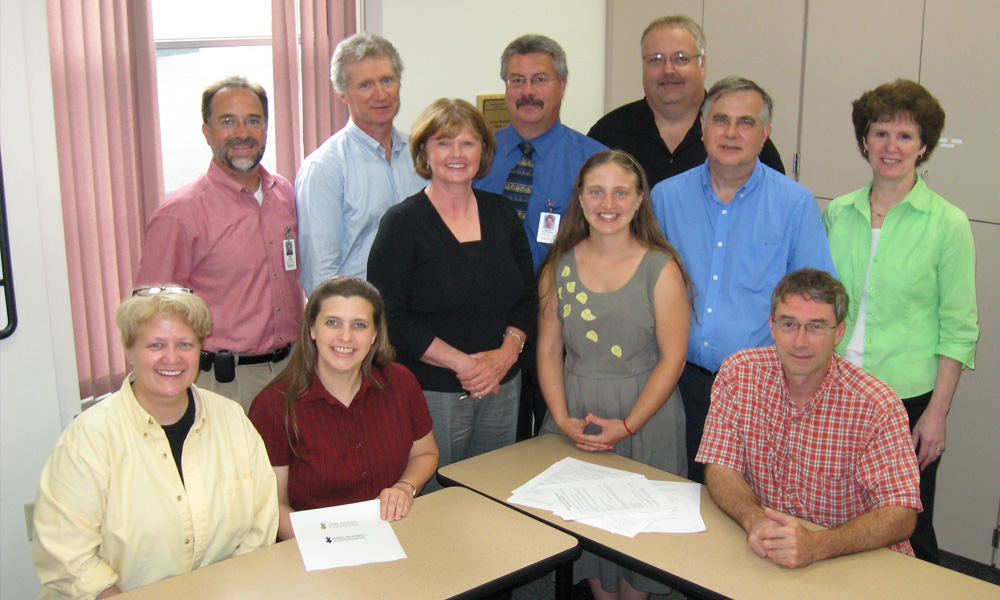
Fifth Season Cooperative: Connecting Food Producers with Buyers
Producing high-quality food is not always enough; sometimes growers and processers need help connecting with the right markets for their products. That was the impetus behind the creation of Fifth Season Cooperative. A food and farm assessment in 2008 by the Valley Stewardship Network showed the need for an organization that would introduce Wisconsin food products to markets throughout the Midwest.
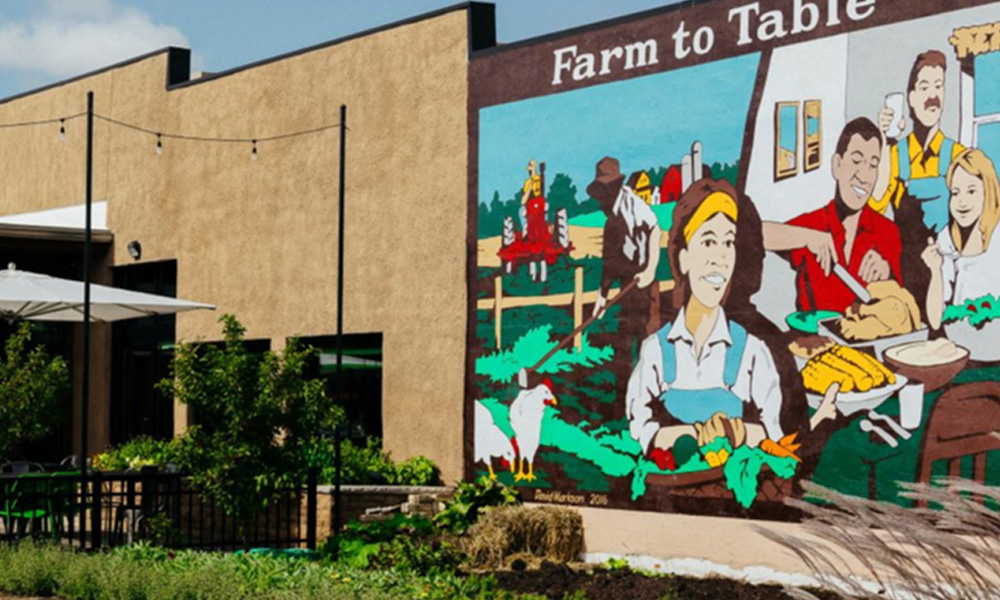
Farm Table Foundation: Bringing Food From Farm to Table
Creating an organization that seeks to educate people about soil health and about the benefits of locally grown food can be a challenge—especially if that organization is in Amery. This small community in northwest Wisconsin has a population of less than 3,000 people. Compounding the situation for the founders of the Farm Table Foundation was the difficulty of hiring and retaining staff, and then the arrival of the COVID-19 pandemic.
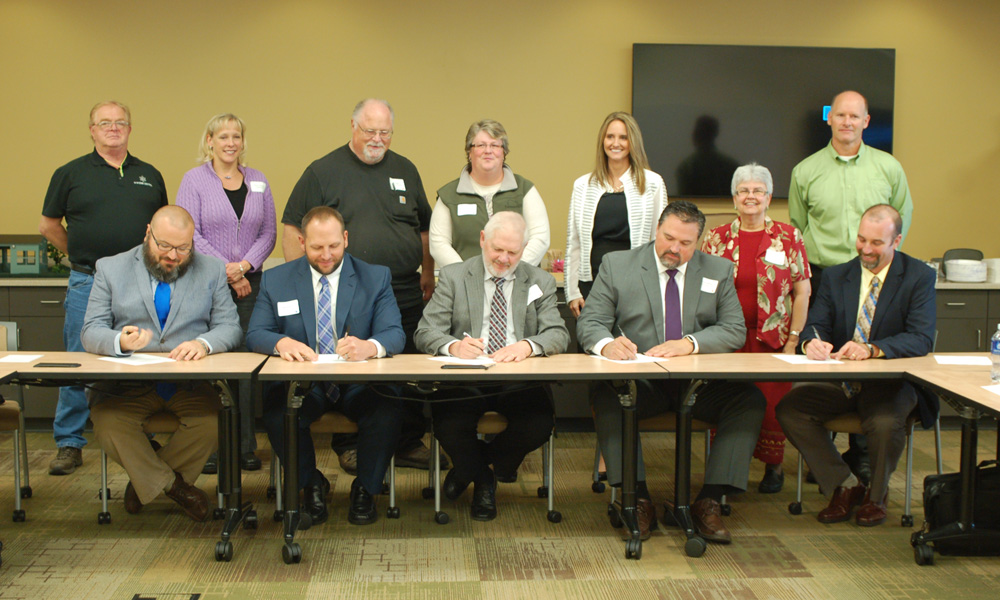
Woodland Regional Technical Academy: Boosting Rural Education
Educational and career opportunities are often limited for students in rural areas. To level the educational playing field for rural Wisconsin youth, representatives of Northeast Wisconsin Technical College teamed up with local school districts to provide supplemental classes to area high school students. The goal was to provide college-level experiences and training that could give students a jump-start toward a successful career.
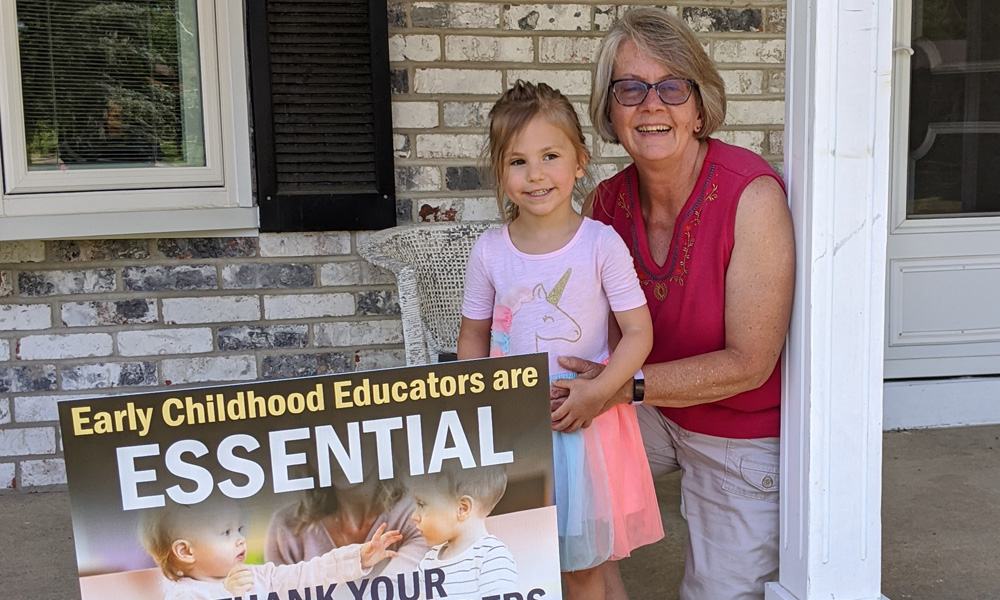
Wisconsin Early Education Shared Services Network: Expanding Access to Child Care
Throughout the state, day care programs have closed, plagued by problems with finding and keeping employees, handling administrative requirements and maintaining adequate financing. As a result, residents of both urban neighborhoods and rural communities have struggled to find the child care they need in order to meet their job responsibilities.
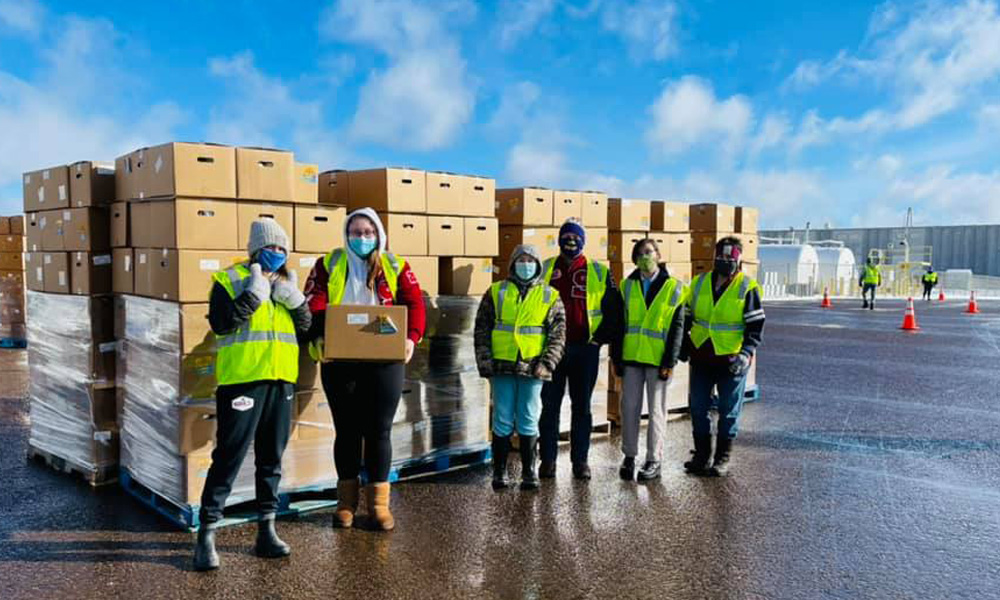
Community First Washburn County: Mobilizing to Keep Residents Healthy
When the COVID-19 pandemic hit, a statewide lockdown in March and April forced non-essential businesses to close, putting employees out of work and creating financial hardship for many of the nearly 16,000 residents of Washburn County in northwest Wisconsin. Businesses needed support, families needed food and residents needed to know they were not alone.

UW Population Health Institute: Improving Rural Health
The COVID-19 pandemic has taken a higher toll on residents of rural Wisconsin, following years of reduced health services for those regions. The Community Resilience and Response Task Force was formed in a collaboration among the Wisconsin Department of Health Services, the University of Wisconsin Population Health Institute, UW-Extension and the Wisconsin Governor’s Office. The task force collects and analyzes data, identifies gaps in policy and service and recommends ways to create equitable health care options for rural residents.


